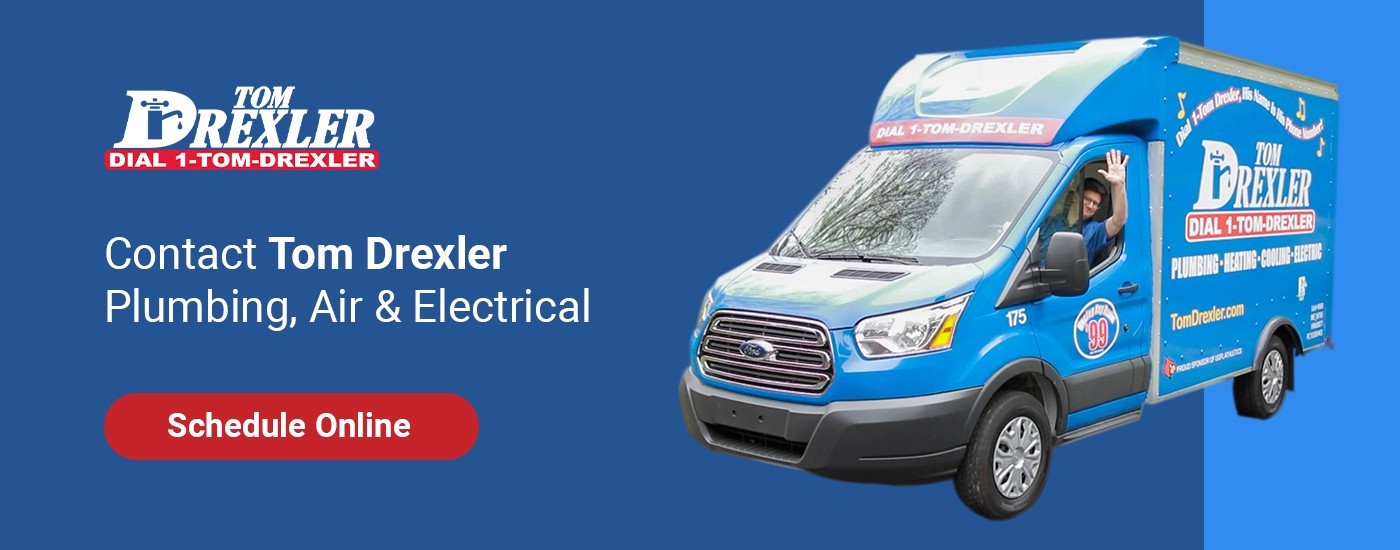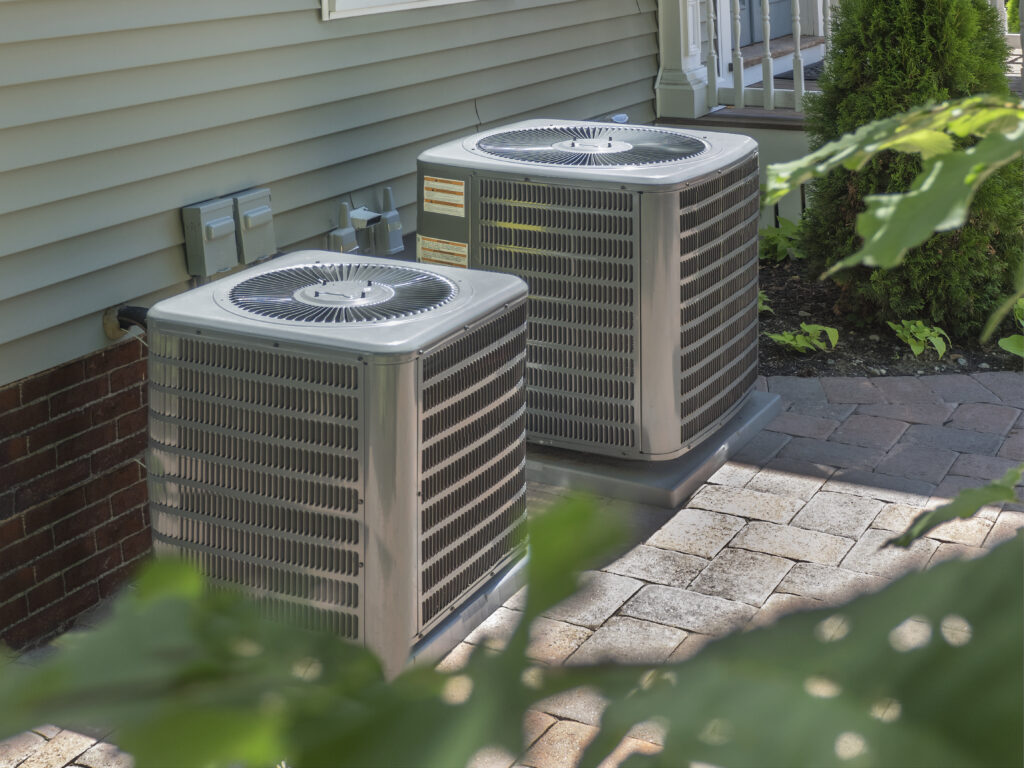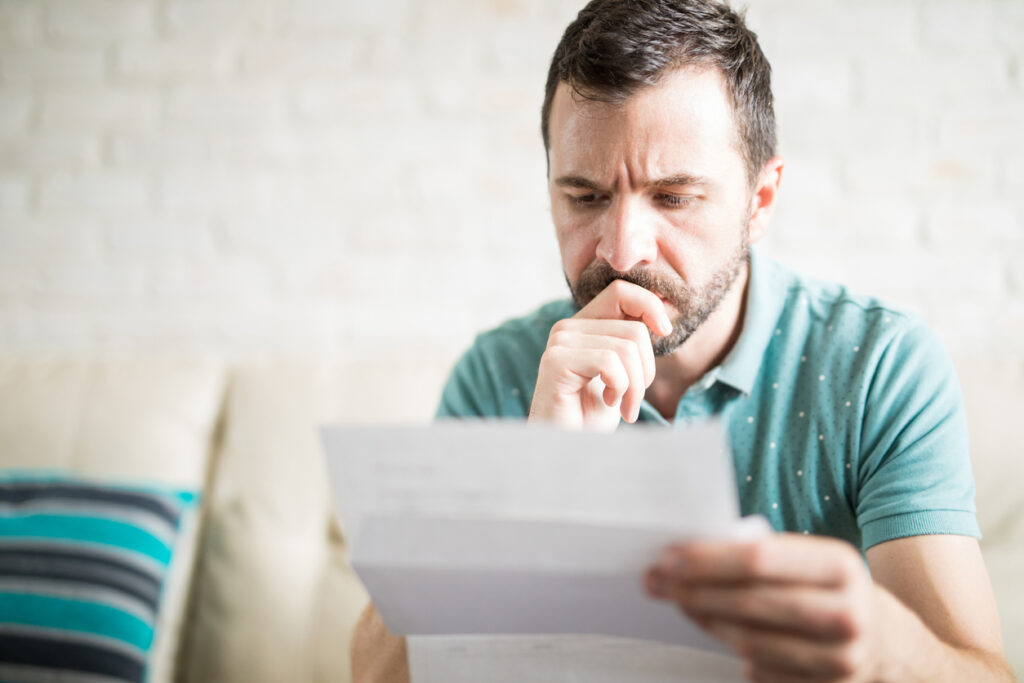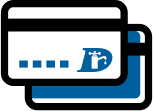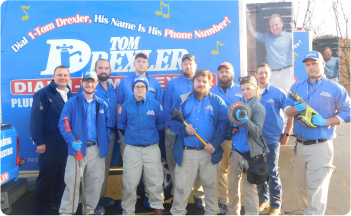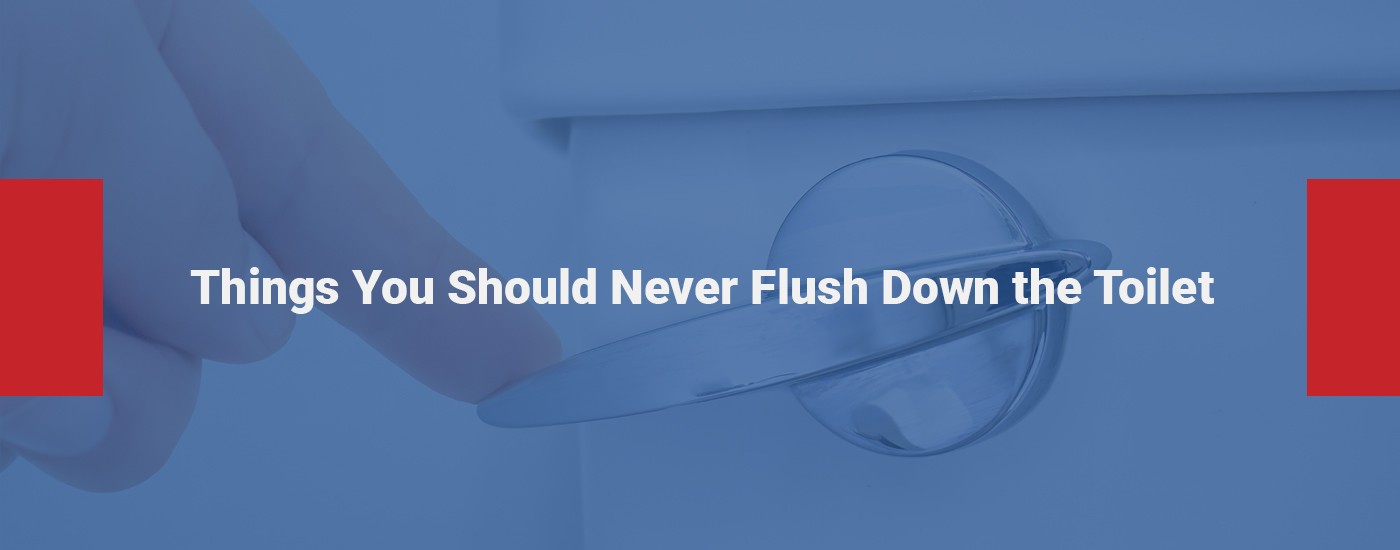
Even the strongest toilets have limitations. What you flush down the toilet plays a role in the performance of the plumbing throughout your home, which is why you shouldn’t flush certain items. Flushing small, seemingly unproblematic things like a hair clot or a few Q-Tips can eventually form clogs. So what can you flush down a toilet? At the end of the day, there are only two things you should flush down the toilet — human waste and toilet paper.
Below is a list of the top 16 things you should never flush down the toilet.
1. Dental Floss
Believe it or not, even small pieces of dental floss may get caught in your plumbing and slowly cause buildups. Floss is much sturdier than it looks. It may even catch onto the offset section of your piping or strangle tree roots once it winds up in a waste reservoir. Additionally, most floss is not biodegradable, meaning that it will remain intact in landfills and may cause harm to wildlife.
2. Cat Litter
Aside from animal waste after its usage, cat litter is mainly clay and sand. Some kinds of litter may also contain plastic-based particles. The grains of litter products are formulated to clump together when wet and can cause serious plumbing problems as a result. Cat waste is also prone to carrying parasites and toxins, making it harmful for the wastewater ecosystem.
3. Feminine Hygiene Products
Sanitary products are a major culprit in plumbing backups. These products absorb moisture and therefore expand after you flush them down the toilet. In addition to their ability to increase in size, they also have high durability after taking in moisture. For these reasons, sanitary pads, tampons and applicators are a major player on this list of what not to flush down the toilet.
4. “Flushable” Wipes
Even if you purchase wipes labeled as “flushable,” you should avoid flushing these down your toilet anyway. All kinds of sanitary wipe products will easily get caught in your pipes. Next time you purchase flushable wipes, be sure they make their way to the trash after use.
5. Paper Wipes
Even paper-based materials that will break down in water, such as paper towels and tissues, might be unsafe to dispose of in the toilet. The only paper designed for toilets is toilet paper. Other paper products have fibers that are too thick for water to fully clear.
6. Cotton Products
Q-Tips, cotton balls, cotton pads and other cotton products intended for hygiene or cosmetic uses might seem small enough to flush safely. However, these products do not dissolve or break down in water and are thick and strong enough to get jammed in pipes. If you flush enough of these cotton products, they may form problematic clumps in the plumbing system.
7. Packaging Materials
Avoid flushing any crumpled cardboard boxes or plastic wrappers. Even smaller packaging such as candy wrappers could cause problems. Cardboard product containers often contain plastic lining and will only partially degrade in water. Even pure cardboard boxes will take a long time to degrade.
8. Styrofoam
Styrofoam insulation floats in water and will continue to float in the pipes. Even if the flushing mechanism manages to clear it from the bowl, styrofoam can still create a plumbing headache.
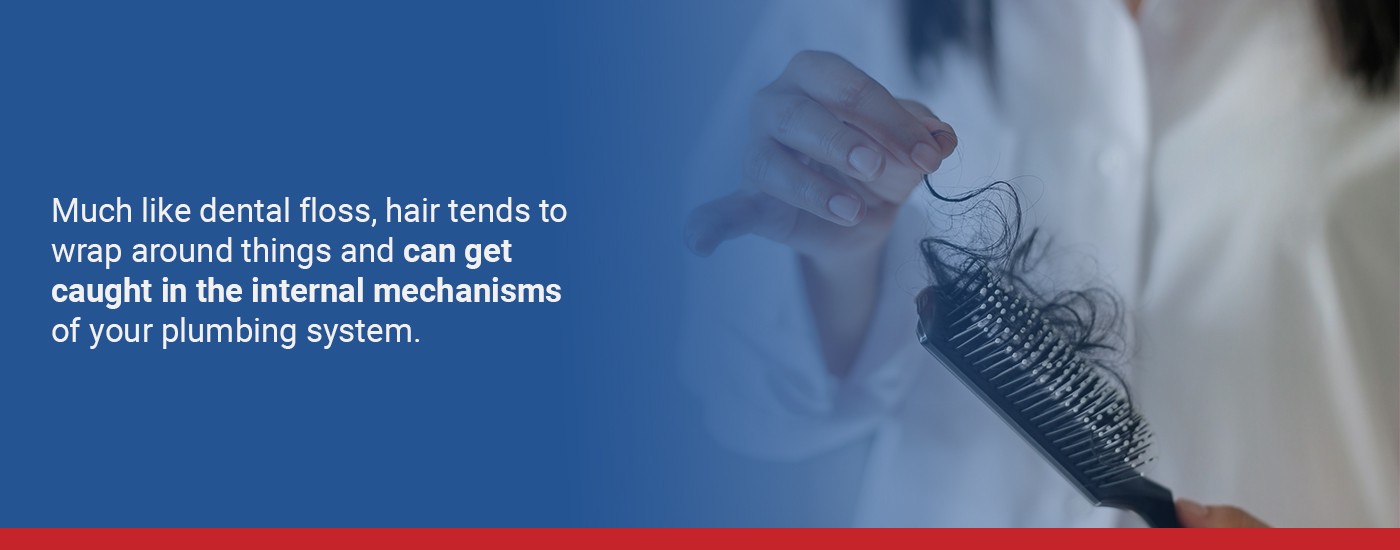
9. Hair
Because hair isn’t water-soluble, it could get stuck in your pipes for a long time. Much like dental floss, it tends to wrap around things and can get caught in the internal mechanisms of your plumbing system.
10. Pet Goldfish
Flushing a deceased goldfish is a ritual that you might be familiar with, but it’s less appealing when you know that it could lead to a clog deep in your pipes. For a safer farewell to your pet, consider placing the fish in a body of water or conduct a burial as you would for a larger pet.
11. Grease and Oil
Whether an expired container of oil or leftover grease and animal fat from your stove, these substances aren’t safe to flush down your toilet. As soon as they hit the cold water, grease and fat will congeal and thicken while remaining separated from the water. Oil builds up on the sides of pipes, similar to how plaque clogs arteries. In both cases, the opening that the liquids can travel through becomes smaller.
12. Drugs and Medications
You should always dispose of expired, over-the-counter drugs and prescription medications in the trash. These items leak chemicals into your water tank and eventually contaminate community wastewater. Water contaminated with discarded drugs is harmful to both flora and fauna.
13. Tobacco and Nicotine Products
Cigarette butts and similar products contain compounds toxic to the environment. They can lead to hazardous wastewater. If desired, keep an ashtray in the bathroom and empty it in the garbage when it’s full.
14. Bleach and Other Harsh Cleaners
These items may come as a surprise, but you should only clean toilets with cleaning products designed specifically for the job. Bleach is too harsh for septic systems, leading to weakened joints and corrosion. Also, avoid using chemical anti-clogging products on toilets. Grab a plunger or call a plumber instead. If you tried a chemical treatment on your toilet beforehand, make sure to let the plumber know.
15. Chewing Gum
Similar to how swallowing chewing gum is bad for your intestines, flushing chewing gum creates problems in your pipes. The gum can get stuck inside, collecting scraps of toilet paper or other flushed items until developing into a large, sticky clog. Wrap chewing gum in a piece of paper towel to contain it then, pitch it into the garbage.
What to Do if You Accidentally Flush Something on This List
If you flushed one of these items and have yet to experience any problems, the best thing you can do is avoid making the same mistake again. If your toilet continues to run smoothly after you flushed a few chocolate wrappers or a thread of dental floss, then you might have found this list just in time. If you’ve regularly flushed items that could lead to a clog and frequently need the plunger, we recommend hiring a plumber for a professional evaluation.
Contact Tom Drexler Plumbing, Air & Electric
Learning why you shouldn’t flush certain items down the toilet is an important step in ensuring your plumbing systems function at their best. If you find yourself wondering what you can and can’t flush down the toilet or encountering any plumbing issues, the professionals at Tom Drexler Plumbing, Air & Electric are ready to serve you. Give us a call, leave a message, or schedule online today.


